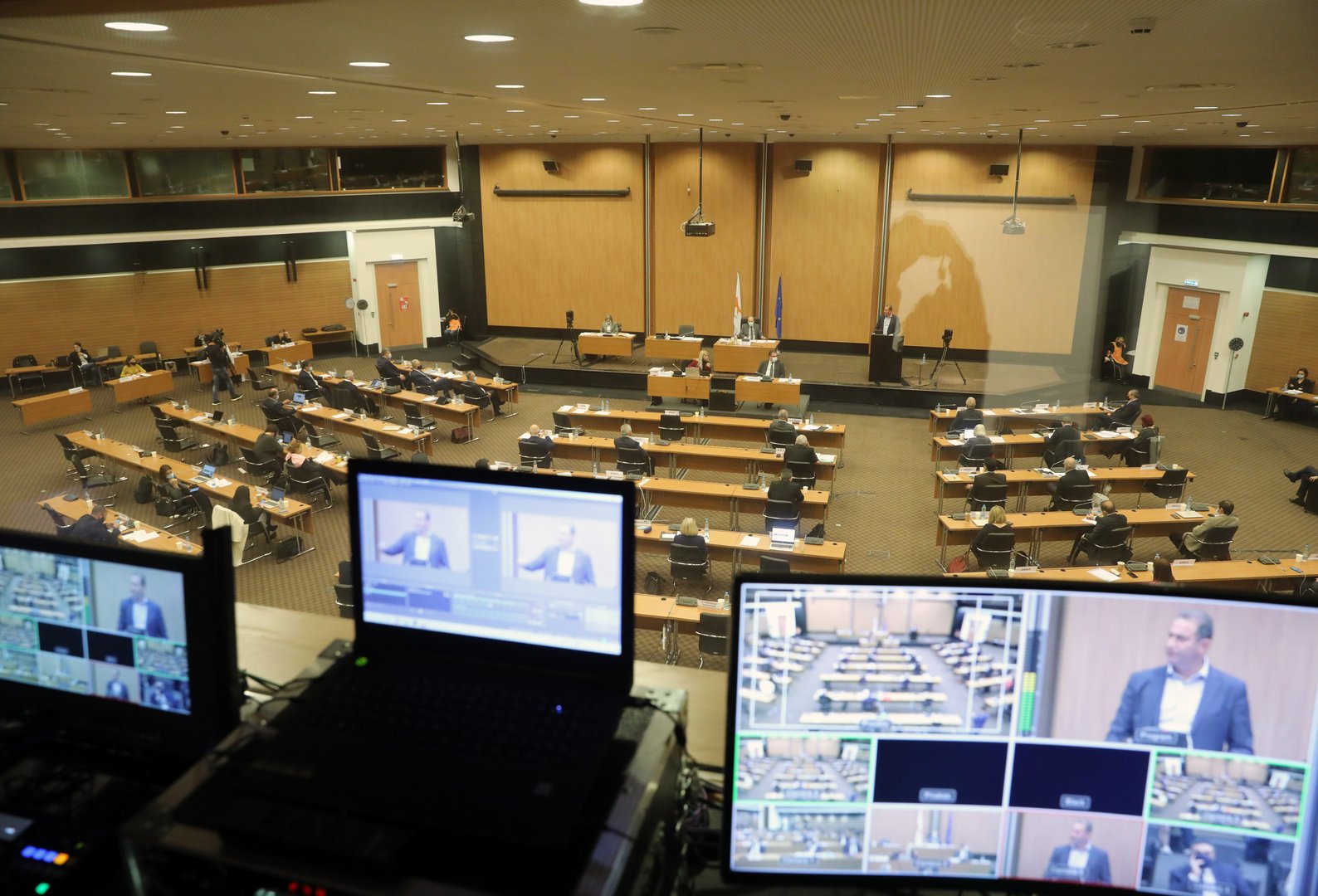The House on Thursday enacted a law creating a Commercial Court and a Maritime Court – a move that is hoped will alleviate the caseload on district courts which typically take years to deliver a ruling.
The bill passed with 44 votes and seven against.
Nicos Tornaritis, MP with the ruling Disy party, said the operation of the two new courts will help toward the speedy adjudgment of commercial cases, boosting the island’s competitiveness as a services hub.
This “innovation,” he added, would play a part in the country’s medium-term economic growth.
Last week the plenum voted to amend the constitution, allowing for the English language to be used in proceedings in the two new courts.
Whereas Greek remains the official court language, English may be used if one or more of the litigants requests it.
In addition, under the law passed Thursday, judges serving at the Commercial Court and the Maritime Court are required to have a very good knowledge of the English language.
The matter of using English in court proceedings turned controversial. On Thursday, nationalist party Elam tabled an amendment to strike the amendment concerning the language requirement for judges. Their amendment was defeated.
Diko MP Zacharias Koulias called the language requirement on the judges “a tragic historic error.”
His colleague Panicos Leonidou opined that the clause concerning the use of the English language in the two courts is unconstitutional, as it has yet to be published in the government gazette.






Click here to change your cookie preferences